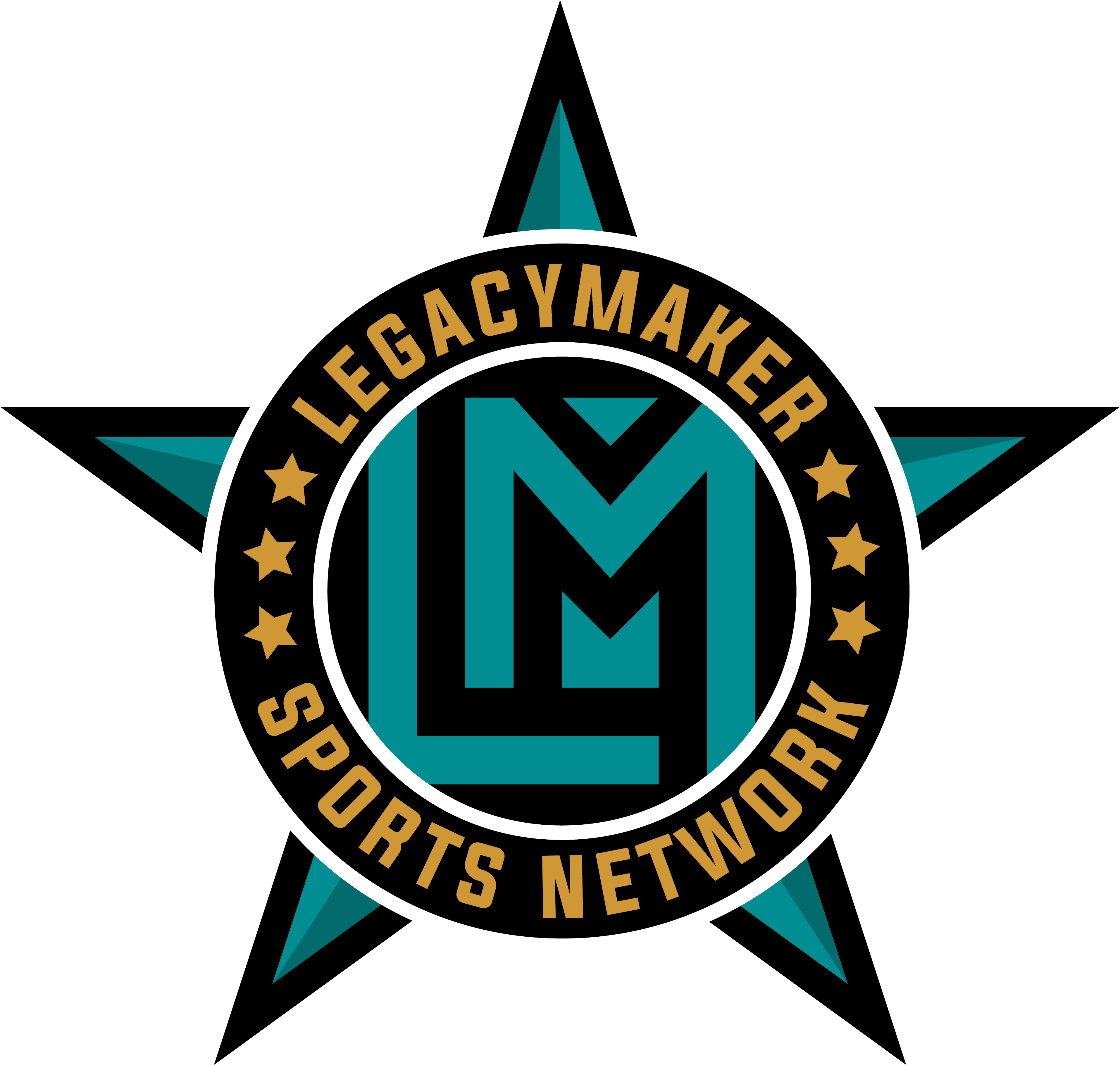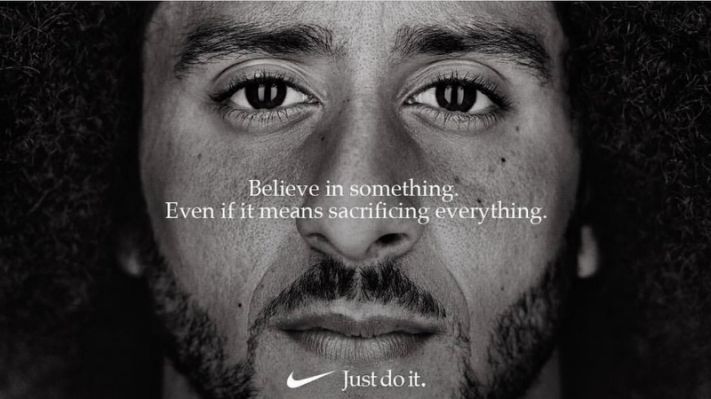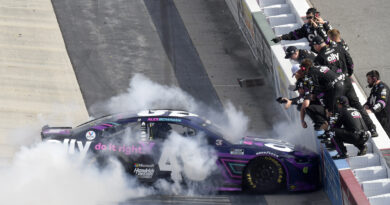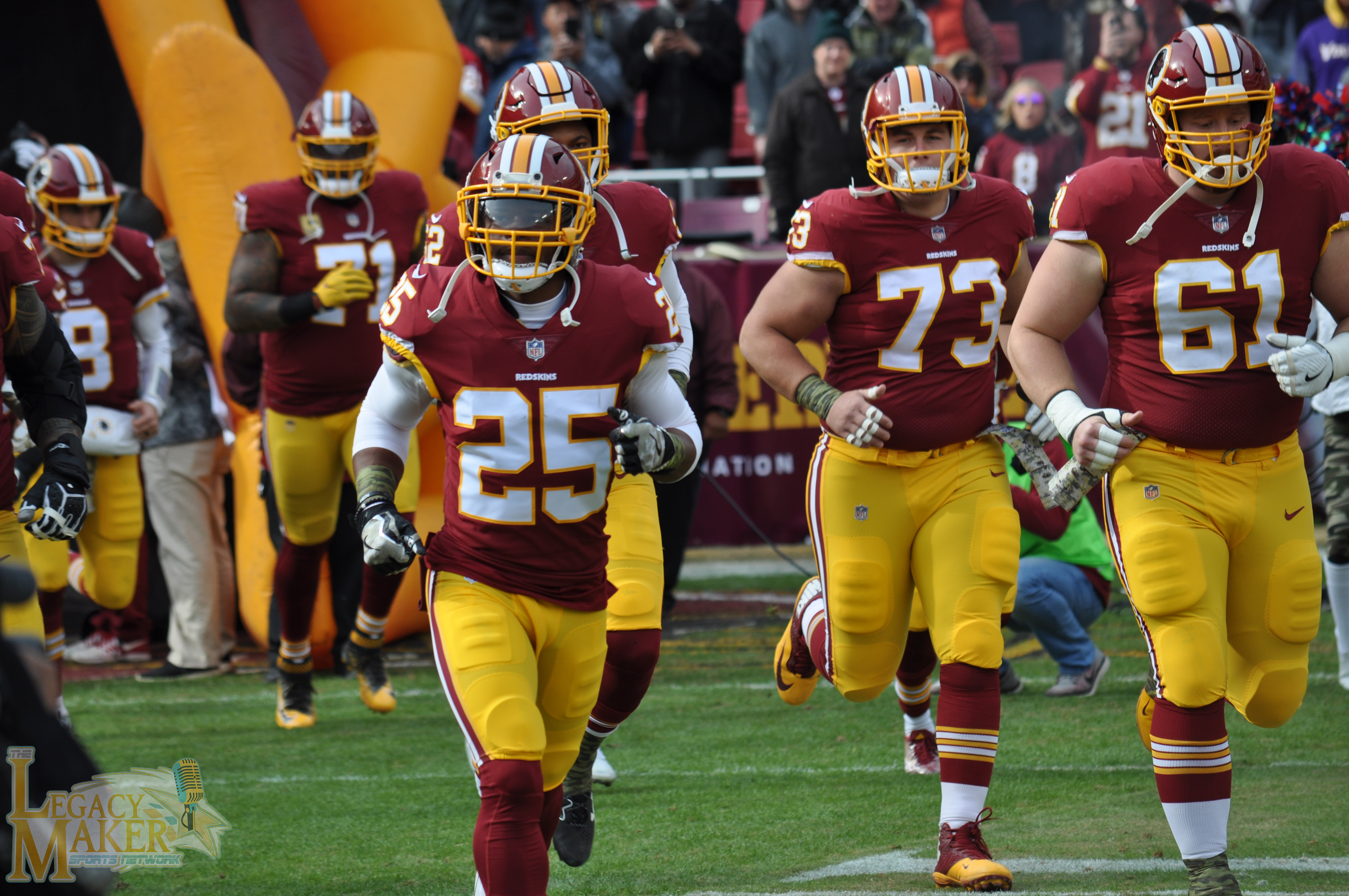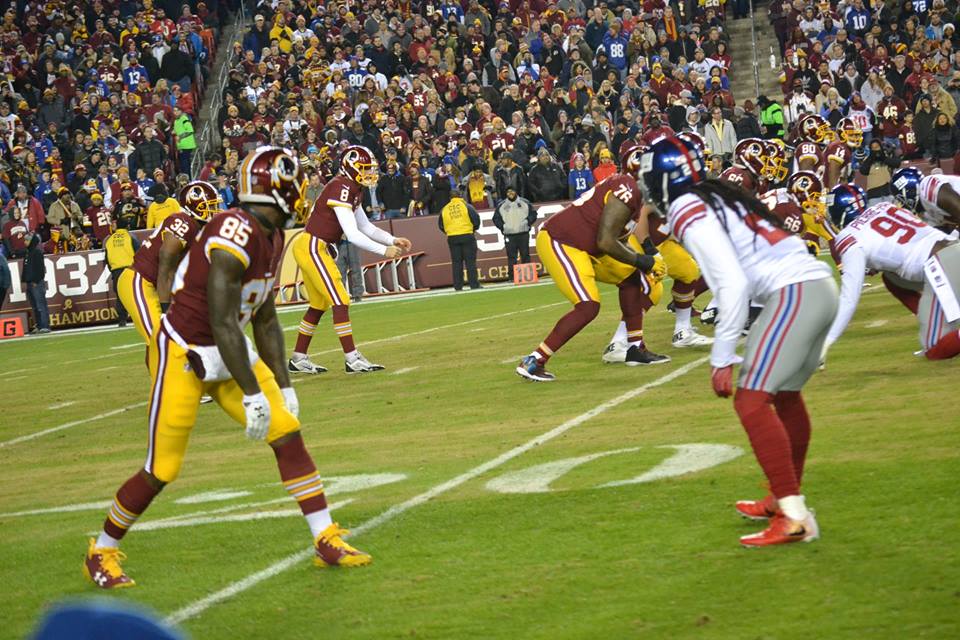Pro Sports and Protests: Kaepernick’s Chronicle and Latest Nike Ad
By: LaMonte Thomas
Headline Photo Owned By: Nike
Although American protests/voices in professional sports aren’t new, perhaps they are now more prominent than ever. The groundswell of Colin Kaepernick’s “taking a knee” has taken the world by storm. Numerous headlines read about NFL and NBA players expressing their viewpoints on political views and specifically their displeasure and disapproval of President Donald Trump’s words/actions. In the midst of all the controversy, one question that emerges is “How effective is the professional sports platform in regards to social issues and are these methods of taking a stand working?”
Prior to today’s issues surrounding politics and the culture of sports, several events in history have laid a foundation for what we see in sports protests.
In 1967, Muhammad Ali caused an uproar by refusing to allow himself to be drafted for the Vietnam War. While identifying himself as a Muslim, Ali publicly declared his fight against the Vietnam War and his involvement, claiming it was against his beliefs and interests. Arguably the best boxer in history, Ali is known for being an iconic figure and spokesman for the the African-American and Muslim communities. He even changed his name from Cassius Clay to Muhammad Ali to accurately depict his religion and civil rights activism.
One year later in the heat of the civil rights movement the 1968 Olympics spoke volumes in the form of protest. The 200 meter dash gold medalist Tommie Smith and bronze medalist John Carlos modified their appearance on the podium to stand against the way black people were being treated in America. They wore black socks with no shoes bringing attention to black poverty. They also wore black gloves and put their fists in the sky during the National Anthem, representing the fight for equal rights in America. Although they were criticized heavily at the time, especially in the United States, they are seen as pioneers for equal rights for their bold statement at the world-wide Olympics.
This picture is the tribute to the 1968 protest actions of Tommie Smith and John Carlos at the Smithsonian National Museum of African American History and Culture, located in Washington, D.C.
Recently professional athletes are openly speaking out against social injustice and other issues that concern them and surrounding communities. In 2014 sports saw several player statements, including NBA players wearing warm-up shirts that said “I can’t breathe” in honor of Eric Garner (A black male who died after an encounter with NYPD in which the medical examiner declared his cause of death as “compression of the neck and chest in prone position” during his arrest in July earlier that year). Five players from the St. Louis Rams also made a statement that year as they came out to the field demonstrating the “Hands Up Don’t Shoot” pose made famous by the Ferguson protests- where 18 year-old Michael Brown was fatally shot running away from an officer who fired 12 shots; the last seemingly being most responsible for his death. Some of these actions made by these athletes were punished by fines and suspensions, later to be investigated, debated and reviewed by many media outlets and dinner tables alike.
Today, the biggest conversation surrounding player protests is regarding NFL players kneeling or sitting during the national anthem; made prevalent by Colin Kaepernick, the former San Francisco quarterback. Nick Wright, Fox Sports host of First Things First commented eloquently on the issue stating that “the four word headline of Players Protest National Anthem is a fact-error and depicts their actions as “anti-military.” He added that “when people march, they are not protesting traffic, but moreso using the streets as a vehicle to express their message, as the NFL players do with the national anthem.” Wright explains why the protests are meant to confront systemic racism, police brutality and social injustice.
NFL owners have been accused of “blackballing” Kaepernick out of a job. Rumor has it that the owners fear the response/backlash for signing the player responsible for creating the snowball effect of players being unified during the anthem. Some have taken it further by stating they fear President Donald Trump’s response, who has been known to publicly scrutinize Kaepernick and other players for the anthem craze. Although there has been an anonymous General Manager who spoke of teams hesitating to sign Kaepernick, one may still wonder what stake President Trump has in the NFL. Several owners have donated money to the Trump campaign and inauguration. Those included in million dollar contributions are Jerry Jones (Dallas Cowboys), Dan Snyder (Washington Redskins), Shad Khan (Jacksonville Jaguars), Bob McNair (Houston Texans), Robert Kraft (New England Patriots), Woody Johnson (New York Jets), and Stan Kroenke (St. Louis Rams). The NFL marketing arm NFL Ventures also donated $100,000 and Tampa Buccaneers chairman Ed Glazer added $250,000.
One thing that all of these protests have in common is the initial backlash. When Ali refused the draft, newspapers were headlined “Rebellious negro” to define the champion. After the ‘68 olympics, people compared Tommy Smith, John Carlos, and Ali to Nazis; fans boo’d them and cursed at them. Media called them names and even TIME said their acts were “nasty and ugly.” The two were stripped of their medals. Ali was stripped of his title. Today, there are several statues and tributes for all three of the athletes in admiration and remembrance of their stance on civil issues. In similar fashion, Kaepernick is featured in Nike’s 30th anniversary of its “Just Do It” campaign. The message reads “Believe in something. Even if it means sacrificing everything.” Though the ad’s message is short it’s small phrase captures the most memorable concept of these protest actions: the belief is bigger than everything, even the results. Perhaps Kaep’s taking a knee brought many Americans to stand.
Considering the nation’s history of professional athlete protests and today’s interest in such confirms one thing for sure: The effect of the platform’s involvement on sports fans, affiliates and stakeholders is astronomical. Only time will tell the full story on how these events will change our culture forever.

